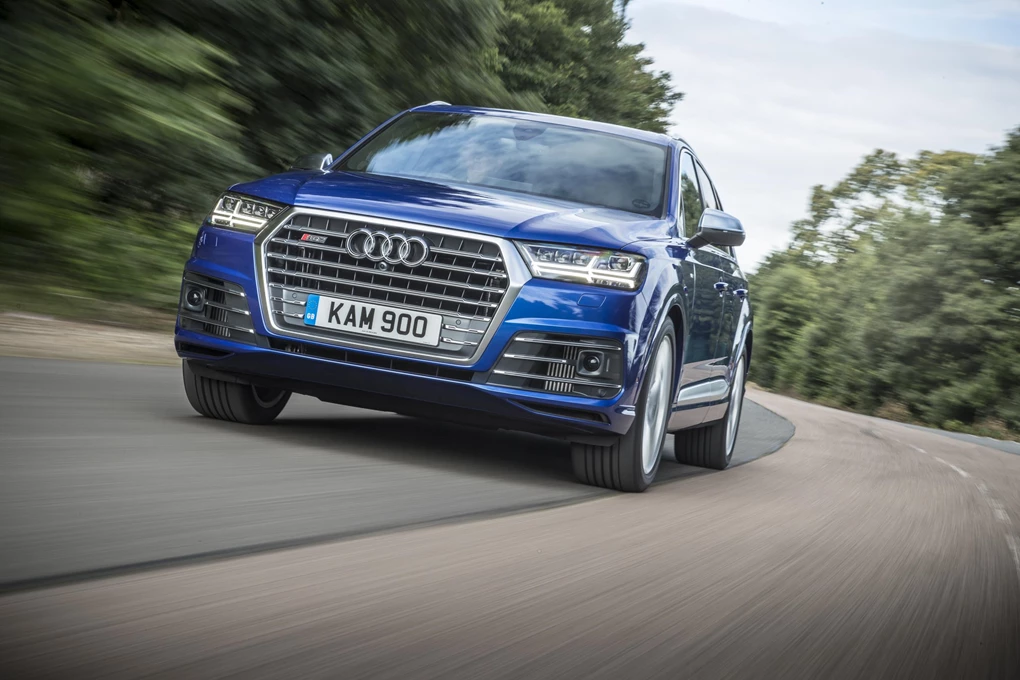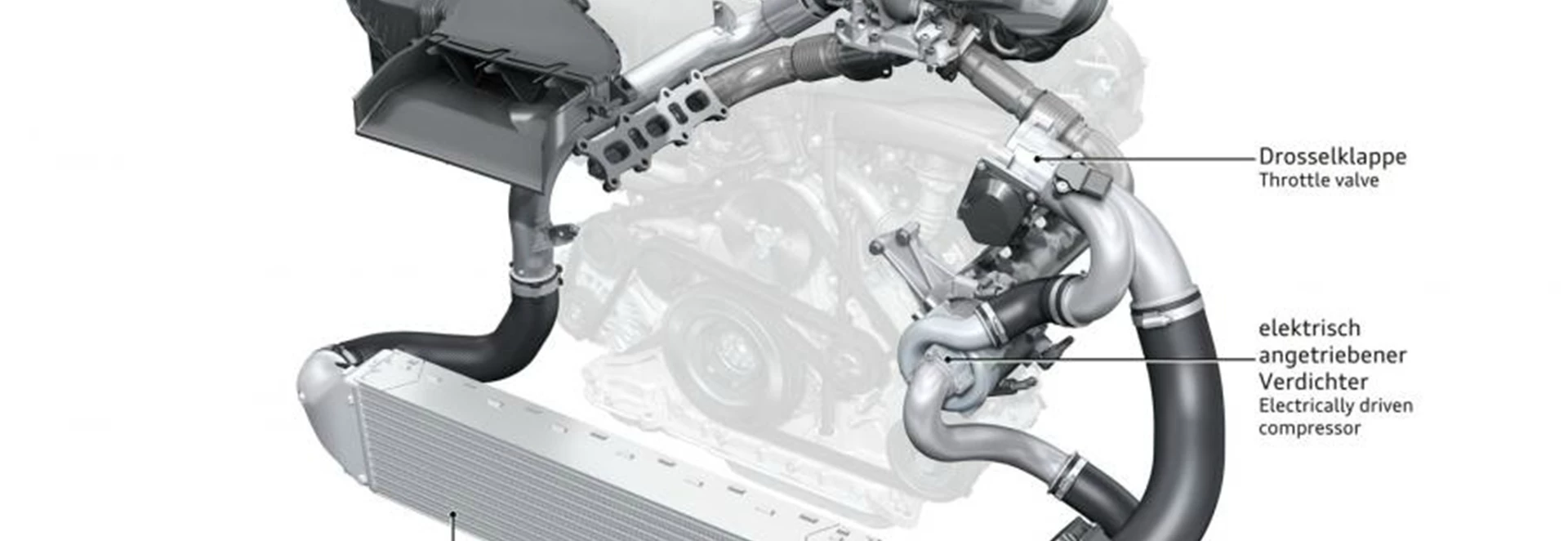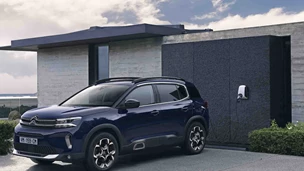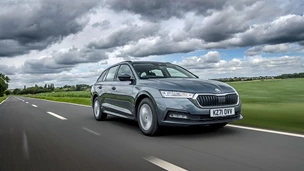Many new cars sold in the UK market nowadays are available with at least one turbocharged engine. Capable of boosting performance in a relatively cost-effective measure, turbochargers have enjoyed major developments during this decade alone.
Very recently, a new specific type of turbocharger known as an electric turbocharger has emerged on some engines from certain manufacturers. They are likely to become more commonplace over the next few years, but what actually is an electric turbocharger?
Before we delve into how an electric turbocharger operates, you can, if needed, get a recap on how a traditional turbocharger works by reading our separate guide on turbochargers and superchargers.
Electric turbochargers explained
Basically, an electric turbo is designed to blend the performance and efficiency of a turbocharged engine with the responsiveness of a supercharged engine. They are built to eliminate turbo lag, which turbochargers can suffer from but superchargers do not.
To achieve this, an electric turbocharger features a small electric air compressor run by a powerful motor. When the driver presses on the gas pedal, the air compressor will instantly force cold air into the engine, and this action should ensure power is delivered smoothly even before the exhaust gas-reliant turbo has gotten up to speed.
When the main turbo is up to speed and able to provide its power boost, the electric system running the air compressor will shut off in order to save energy.

The first production car to feature an electric turbocharger in its engine was the Audi SQ7. Since the technology behind electric turbochargers is more about improving performance than either efficiency or emissions, it’s not surprising that a performance-focused car was the first to benefit from this technology.
At the moment only a small number of manufacturers offer or are developing electric turbochargers and the technology is likely to remain relatively expensive until it becomes more widespread. However, with many manufacturers already investing in long-term product strategies that will heavily involve electric cars, the prospect of more companies embracing electric turbochargers in the less distant future certainly seems plausible.




